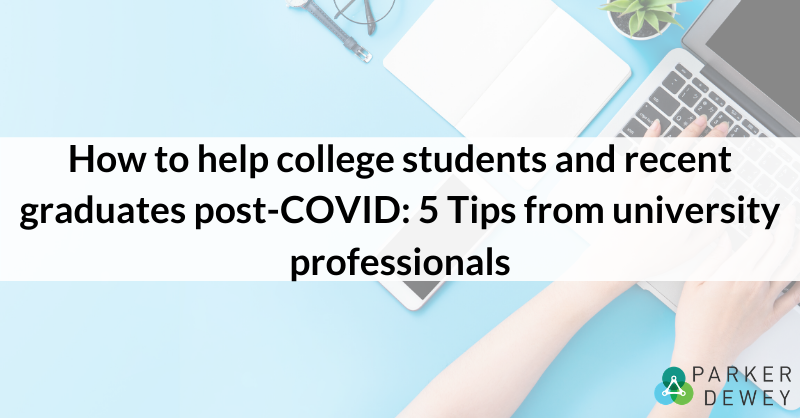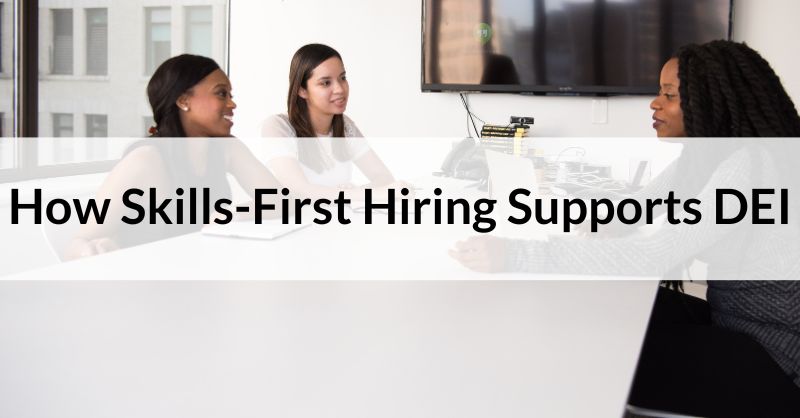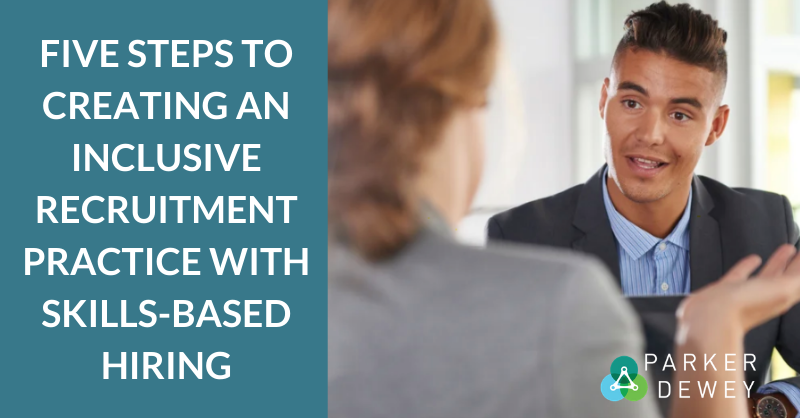
How to help college students this summer: 5 tips from university professionals
You’re dedicated to supporting students, but this year presents a unique set of challenges. Internships have been canceled, companies are working remotely, and many organizations are experiencing a slowdown in hiring. How can schools help students and graduates of the class of 2020 navigate this evolving situation?
To answer this question, we went directly to the front lines to ask career development leaders what new ideas they are using to support students and recent graduates as they look for their first internships or job opportunities.
Here’s their advice.
Encourage a new perspective on gig work.
“Whether they are underclassmen or new graduates, we are encouraging our students to reframe the uncertain employment outlook post-COVID as an opportunity to explore, try to learn, and to look at new possibilities with fresh eyes. In healthier economic times, students are off to the races - they are in such a hurry to secure their futures that they grab opportunities they think they’re supposed to want, or are at least familiar with, bypassing the important step of career discovery. It’s little wonder that so many young alumni are ready to make a change one to two years out of college. Many chose neatly laid out pathways that were expeditious, but simply not right for them, unaware of what else was on the menu.
"At Colby College, we have always advocated for underclassmen to 'hack' their summer internships by doing gig work or micro-internships, offering their services as freelancers to businesses or non-profits and stringing together a series of paid projects. Given our current circumstances, and the notable shortage of paid internships and entry-level jobs, we think that short-term projects and volunteer work can also provide a valuable bridge to downstream employment for rising seniors and recent graduates. Not only will these students become exposed to career paths they had not considered, but they will also have new skills and accomplishments to showcase to employers during interviews. Furthermore, developing the ability to succeed in the gig economy in the short term will help them future proof their careers by preparing them well for uncertainties ahead.” - Lisa Noble (Colby College)
Help students prepare for the long-term.
“After COVID comes and goes we will be able to provide students with options and work on the importance of seeking roles that are skills-based versus what major or GPA the company is looking for. We have been focusing on what the economic landscape looks like currently along with prior exaples of financial crises, and are making sure to stress to students that they might not find the top three 'wish list' roles because simply, they might not be available. What might be available are opportunities that will build the skills they lack or need to get in order to qualify for those “wish list” roles in the future.” - Elery Rojas (Florida International University)
Demonstrate how to job search and work remotely.
“University career centers can help students secure internships and first jobs in a post-COVID world by providing professional development opportunities, document critiques and practice interviews, and job search strategies. Career centers can also provide a 'practice platform' that mimics the internship/job setting. For example, if the opportunity is remote, career centers can offer Zoom practice sessions, advice on collaborating with remote team members and tips on lighting, and carving out a workspace when working from home. In addition, career center professionals can offer their own services both virtually and in-person, as their institution allows.” - Toni Krebbs (Texas Tech University)
Think outside the box for networking opportunities.
“In a post-COVID world, I would definitely recommend for schools to look for different opportunities (e.g. Micro Internships, local businesses) as well as reaching out to known / usual employers via phone to update them on what services you will be providing. We need to be conscious that students are not entering the same workforce as we have and that there is nothing wrong with helping each other.” - Pauriany Segarra (Laguardia Community College)
Rethink what experiential learning opportunities could look like.
“The post-COVID world is going to look very different from the professional landscape pre-COVID. At Leeds School of Business at the University of Colorado, Boulder there are two factors we are focused on under our Career Impact initiative: experiential learning and workforce readiness. We are rethinking what experiential learning opportunities could look like. In the past, there was a heavy reliance on the internship model alone. At Leeds, we are developing additional avenues for students to gain real-world experience. This includes shadow days, greater emphasis on professional mentorship, and the development of Micro-internships. Micro-Internships are short-term, paid, professional assignments that provide students with valuable experience in the business world. And companies get the support where they need it most, whether it’s in sales, marketing, technology, HR or finance. We are also focused on providing a rich learning experience in the area of workforce readiness competencies such as adaptability, problem-solving, perseverance, collaboration, and critical thinking. We have created self-reflection assessments and feedback loops from the employer to student during their experiential learning experiences. We believe this is critical to the professional development of our students to be successful in a business world that could look very different from anything we have seen in the past.” - Stan Hickory (University of Colorado Leeds School of Business)
Leading the way from college to career.
While the sudden change has impacted how those in higher education move forward, efforts to adapt are proving the resilience of these communities. We’d love to know how your school has modified its efforts to assist students and recent graduates as they transition from college to career.
If you already have a strategy in place that is helping, but still think you can offer more assistance, consider a partnership with Parker Dewey to support your mission.



.png)
